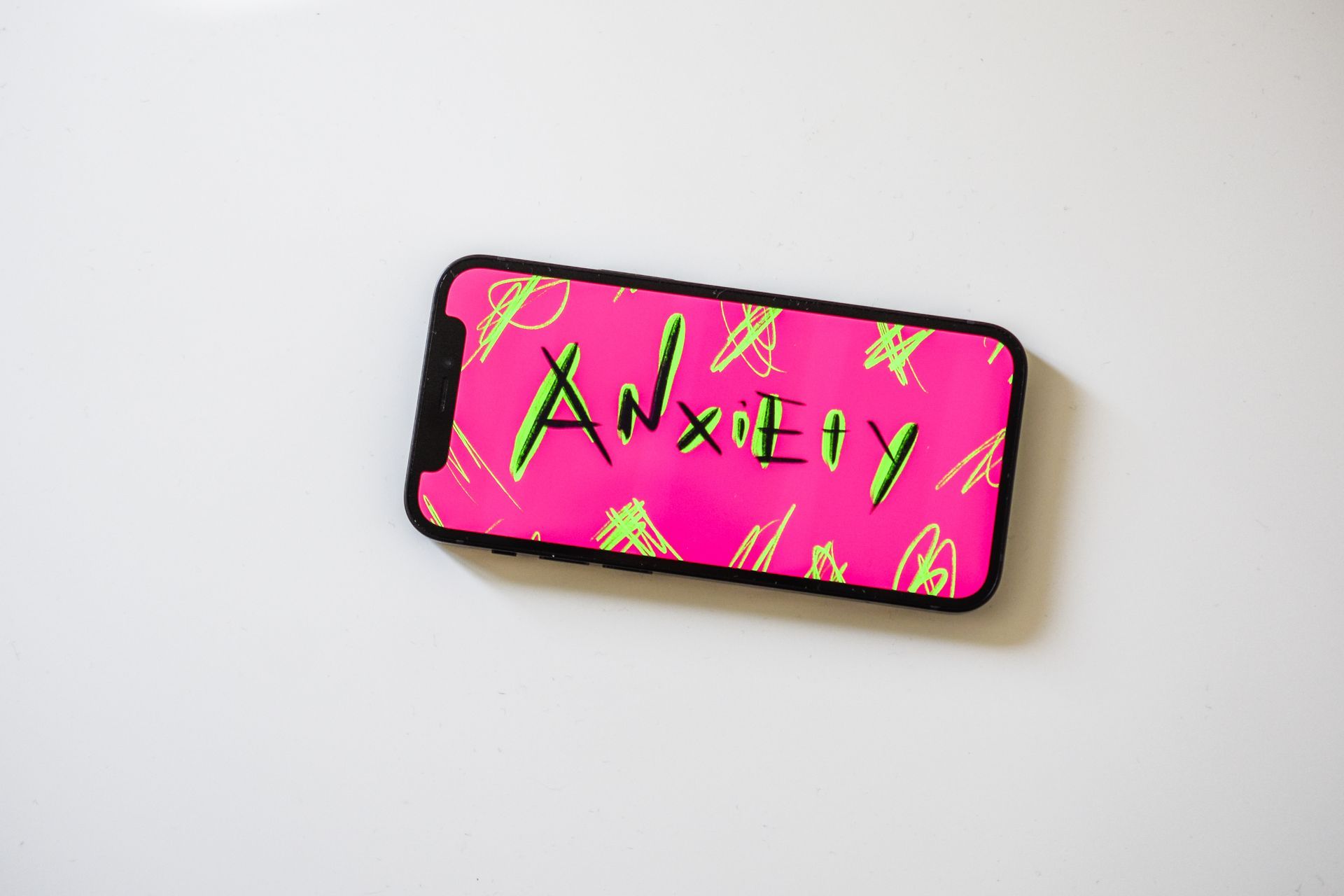Raise your hand if you were ever told to find your “new normal” since finishing cancer treatments!
You may have heard to “find a new normal” from your medical team, a well-meaning friend, someone at work, your therapist (yes, guilty at charge, we do say that quite a bit as well), a total stranger, or all of the above. You also probably came across that phrase in a magazine or brochure in your doctor’s waiting room or online on a blog discussing everything cancer.
Yet you feel confused about what a new normal is supposed to look like. Nothing feels normal at all since you have been diagnosed with cancer and you don’t quite know where to go from there.
Finishing cancer treatments can prove challenging for many. While you feel a huge sense of relief from being done, other, more challenging emotions can also show up around that time. You may experience feelings of sadness, guilt, and fear.
As challenging as treatment was on your mind and body, it came with many expectations dictated by your medical team. Doctors’ follow-ups and treatments may have become the priority, with everything else being worked around your health needs. As you move into survivorship, doctors’ visits become far and few and your schedule is no longer filled with medical appointments.
Life no longer moves to the rhythm of you doctors’ visits and treatment cycles.
You are sent home with an order to return to the clinic in a few months for follow-up, take care of yourself, and figure out your “new normal.”
Here it is. I said it again! But what is a new normal?!
Finding a new normal implies a few things:
- This statement implies that
things will go back to something normal (aka, a routine that feels like you). Yes, you’ll likely be able to work, parent, be the awesome friend you used to be, and so many other things that you did before. Things will not always seem as uncertain and confusing as they may feel right now.
- But the routine that you will settle in will likely be
new in many ways.
Things will not go back to the way they were before your diagnosis. You will not be the same person you were. My patients often talk about having lost this ability to go about life without worrying about it ending one day. Cancer brings the reality of death into our awareness and can make you feel more vulnerable. Treatment may also have left its mark on your body, forcing you to slow down or preventing you from doing certain activities.
2. Go back to the basics
As you adjust to this new phase of your life, one that often comes with a fair amount or stress,
make sure that you take good care of your physical and mental health!
Eat nutritious food, stay hydrated, remain physically active, sleep, engage in relaxing activities. Yes, this is very basic. But in times of stress, we tend to overlook those important health behaviors. Having a plan to stay on track with addressing your basic needs can help tremendously.
3. Identify your core values
Values are those things that matter most to you in life. They tend to be fairly stable and withstand the storms of our lives.
Taking some time to reflect on the values that are most important to you can help you re-connect with yourself and guide your next steps, at a time when everything else feels like it’s uncertain or shifting.
To identify your core values, ask yourself what kind of person you want to be as an individual and in relation to the world or others.
Who do you want to be as a parent, friend, partner, colleague? What matters the most with regard to your health, your career, your finances?
4. Make decisions that are in line with those values
You may not know quite yet what you are supposed to do next or even if you need or want to do anything differently.
But as you go through your day-to-day life, be intentional about doing things in a way that is in line with the core values you just identified.
If being creative is something you value, think about activities that you can engage in that would allow you to express your creative self. Maybe being active is something you value. How can you embody that in your life despite your current limitations? If you used to dance but are no longer able to due to fatigue or chronic pain, what are some other ways in which you can be active?
5. Ask for help when you need it
Change is hard and receiving support may help you through the process of figuring out what new normal you feel comfortable with.
Reach out for the type of support you need.
It could be from old friends or a partner, or from a therapist or local support group. Different people may address different needs. Know when you need some time for yourself and when getting some support would help you make feel better. Always remember that you are not alone!
I am
Dr. Aurelie Lucette, a clinical health psychologist who provides
individual therapy in Miami and online throughout the state of Florida. I can help with issues related to anxiety, stress, sleep, and depression. I also specialize in therapy for adults
living with cancer ,
chronic illness, chronic pain.






